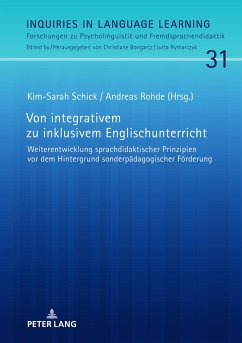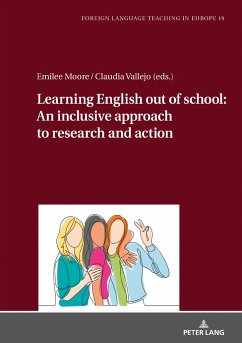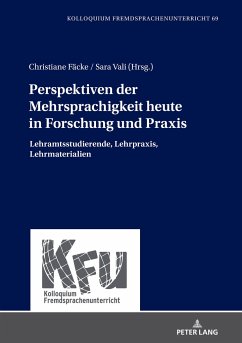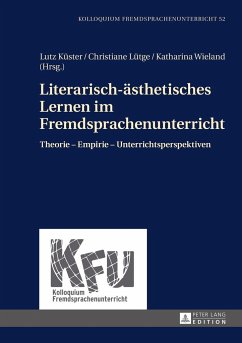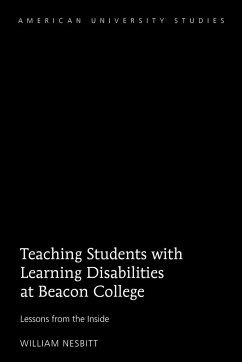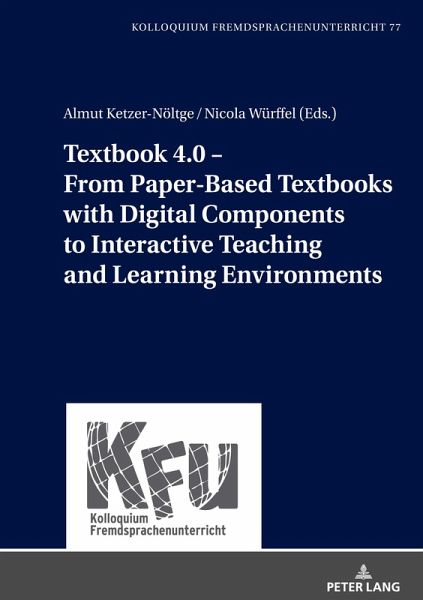
Textbook 4.0 - From Paper-Based Textbooks with Digital Components to Interactive Teaching and Learning Environments
Versandkostenfrei!
Versandfertig in 6-10 Tagen
64,95 €
inkl. MwSt.

PAYBACK Punkte
0 °P sammeln!
For over four decades, textbooks have been enhanced with digital components, and today, it is almost impossible to find a textbook that does not contain any. Does this mean that textbooks have been fully digitalized and that we have reached a point where the integration of digital media into textbooks is the norm? Since there is no clear consensus on what is meant by the digitalization of textbooks, there is no simple answer to this question. This edited volume, therefore, attempts to clarify the respective terminology as a starting point. Through a multi-perspective approach and the joint con...
For over four decades, textbooks have been enhanced with digital components, and today, it is almost impossible to find a textbook that does not contain any. Does this mean that textbooks have been fully digitalized and that we have reached a point where the integration of digital media into textbooks is the norm? Since there is no clear consensus on what is meant by the digitalization of textbooks, there is no simple answer to this question. This edited volume, therefore, attempts to clarify the respective terminology as a starting point. Through a multi-perspective approach and the joint conceptual considerations of various experts, it then provides insights into the historical processes of the increasing digitalization of textbooks, into evaluations of the current status quo, and into considerations of different and innovative design options for future interactive learning and teaching environments. In doing so, it identifies deficiencies and challenges and offers perspectives for new developments.






